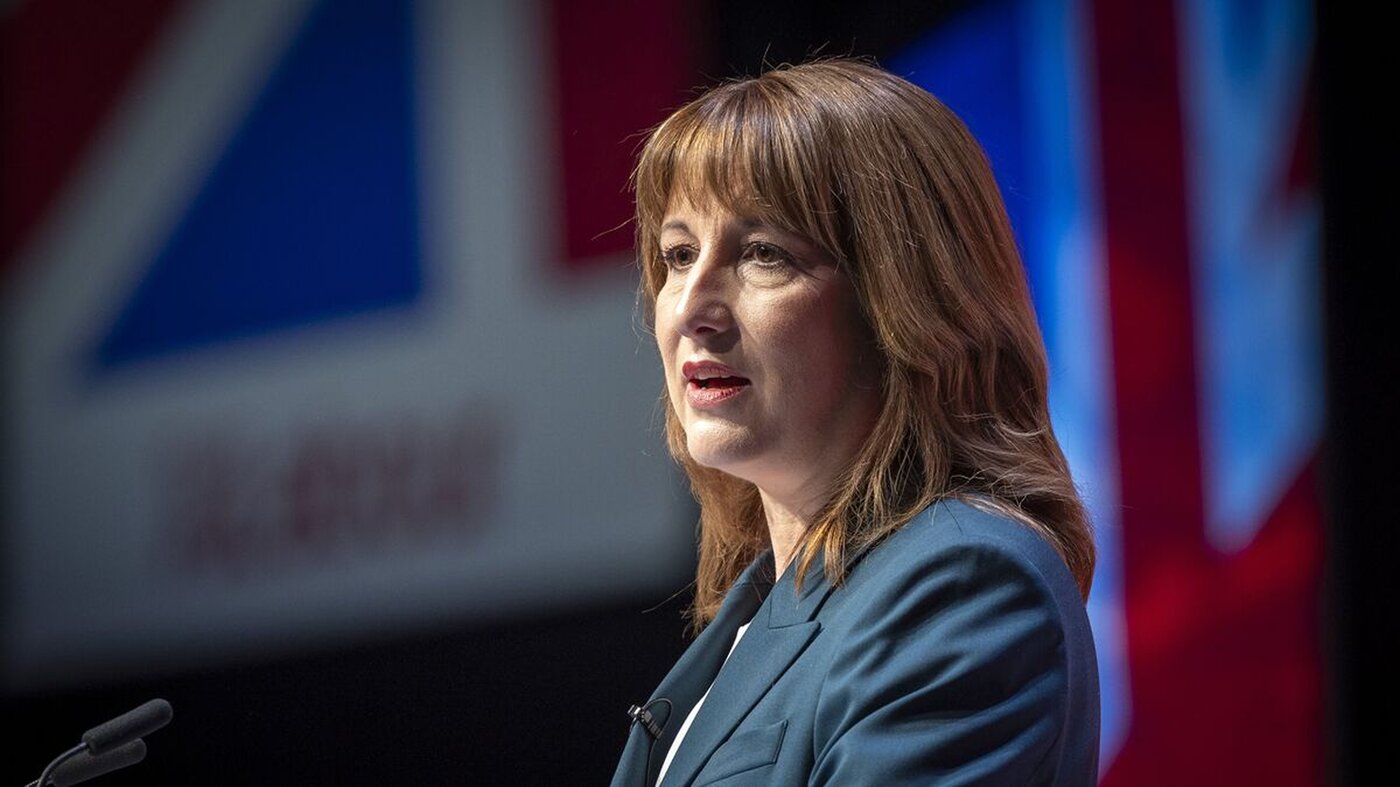Inheritance tax under scrutiny
Inheritance tax is levied on the estates of individuals upon death, applying above a set threshold. Currently, estates valued above £325,000 are subject to a 40% rate, although exemptions and allowances are available under specific circumstances.
The system has faced criticism for complexity and scope, leading to calls for reform from various groups. The government’s interest in reviewing all major taxes includes a potential reassessment of this policy area.
Chancellor’s approach to tax reform
Chancellor Rachel Reeves has made tax fairness and efficient revenue generation core themes of the Treasury’s policy agenda. According to official statements, the government is examining 'ways to ensure the tax system is fair, simple, and supports economic growth.'
Current analysis centres on whether adjustments to inheritance tax could contribute to these objectives. While Reeves has not publicly announced detailed proposals, reports suggest she has tasked advisers with exploring policy options.
Historical context of inheritance tax
Inheritance tax has been a feature of the UK's fiscal landscape for over a century. Originally designed to address wealth concentration, the levy has undergone multiple reforms reflecting broader economic and social priorities.
In recent years, thresholds and reliefs have been adjusted to reflect rising house prices and changing demographic patterns. These changes have often sparked fresh debate about the balance between revenue-raising and social equity.
Public and political responses
Public reaction to potential inheritance tax changes remains mixed. Some organisations, such as the Institute for Fiscal Studies, argue for reform to simplify the current regime and address perceived loopholes.
Others call for abolition or further exemptions to avoid penalising middle-income families. Political parties across the spectrum remain divided, with some pressing for bolder moves to tackle intergenerational fairness while others warn against increased burdens during periods of economic uncertainty.
Economic and fiscal implications
Inheritance tax contributes a relatively small proportion of total government revenue, but changes to its structure can have broader economic effects. Economists note that altering thresholds or rates could affect household financial planning and decisions about wealth transfer.
The Treasury is reportedly assessing the potential fiscal impact of various reform options, aiming to balance revenue needs with public acceptance and long-term policy sustainability.
Prospects for future tax policy
Expectations for an inheritance tax overhaul will depend on comprehensive government review and wider fiscal strategy. The Chancellor is anticipated to address the issue in forthcoming budget announcements or policy statements.
As debate continues, advisers from both within and outside government are expected to contribute proposals on reforming the system. Industry groups and taxpayer associations also plan to lobby for their preferred approaches ahead of any formal decisions.
Final Summary
Inheritance tax is once again at the centre of debate as Chancellor Rachel Reeves considers options for further reform. While no formal proposals have been issued, signs indicate that government officials are actively reviewing the system as part of a broader tax strategy.
The outcome could affect millions of households and inform the next phase of the UK's fiscal policy. Readers interested in tracking the latest changes to inheritance tax and related financial developments can access regular updates through the Pie app.











